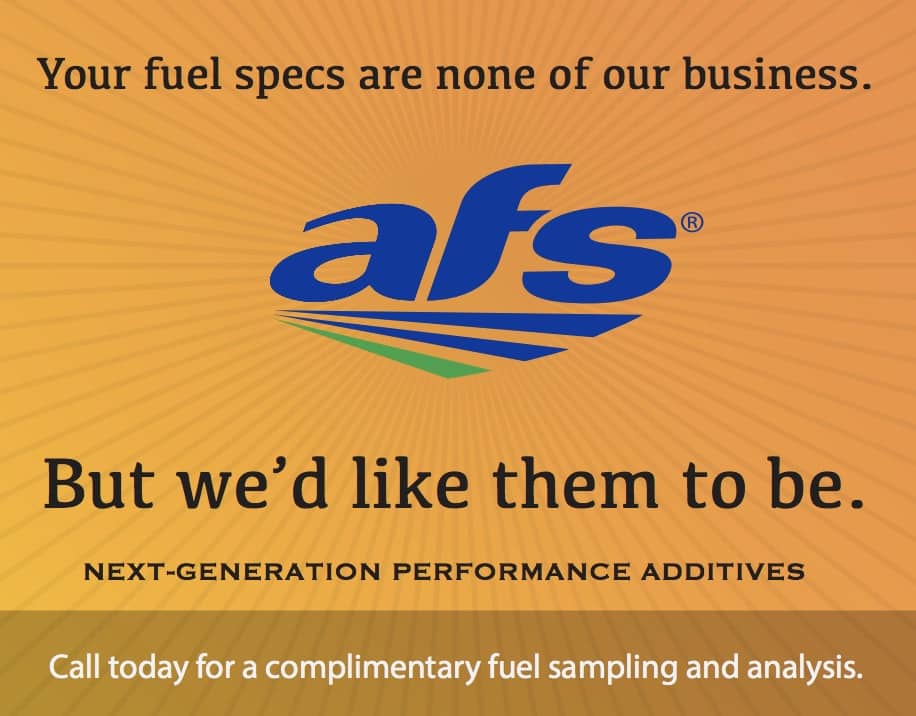
According to the American Transportation Research Institute’s An Analysis of the Operational Costs of Trucking: 2020 Update, fuel represents 24% of a fleets average marginal operating cost. To put it another way, that $0.50 per gallon increase equates to an additional $7,000 per truck per year. You can do the math from here to figure out what that number is fleet wide. It’s going to be a big number.
NACFE has always said that getting good fuel economy is important regardless of the price of fuel, but some fleets take their eyes off the fuel economy prize when fuel prices dip. I think that is a mistake and I suggest they reconsider their position.
Keeping focused on fuel economy is not that difficult. In evaluating the results from Run on Less 2017 — our very first Run on Less fuel economy demonstration — we discovered that the seven fleets that participated in the Run took a variety of actions to ensure they wrung the most miles from a gallon of diesel fuel.
As a reminder, the fleets that participated in the Run averaged 10 MPG over the course of the three-week event. Based on what we learned from those fleets we put together a “10 Actions To Achieve 10 MPG” document.
Now that fuel prices are up and it seems like they may continue that trajectory, pick one — or more — of these 10 actions to help improve your fleet’s fuel efficiency:
- Use downspeed powertrain and automated manual transmissions.
- Optimize cruise control and vehicle speed.
- Buy all available tractor aerodynamics.
- Embrace low rolling resistance tires.
- Adopt appropriate trailer aerodynamics.
- Implement the right axle configuration.
- Provide tools to reduce idle time.
- Keep equipment well maintained.
- Educate and incent conscientious drivers.
- Build a culture of methodically choosing technologies.
I am going to add an 11th action to the list: Never take your eye off improving fuel efficiency. Don’t let low fuel prices divert your attention from the long-term goal of making your fleet as fuel efficient as possible. It’s not just about saving money now; it’s about being prepared when the fuel costs more at the pump.

